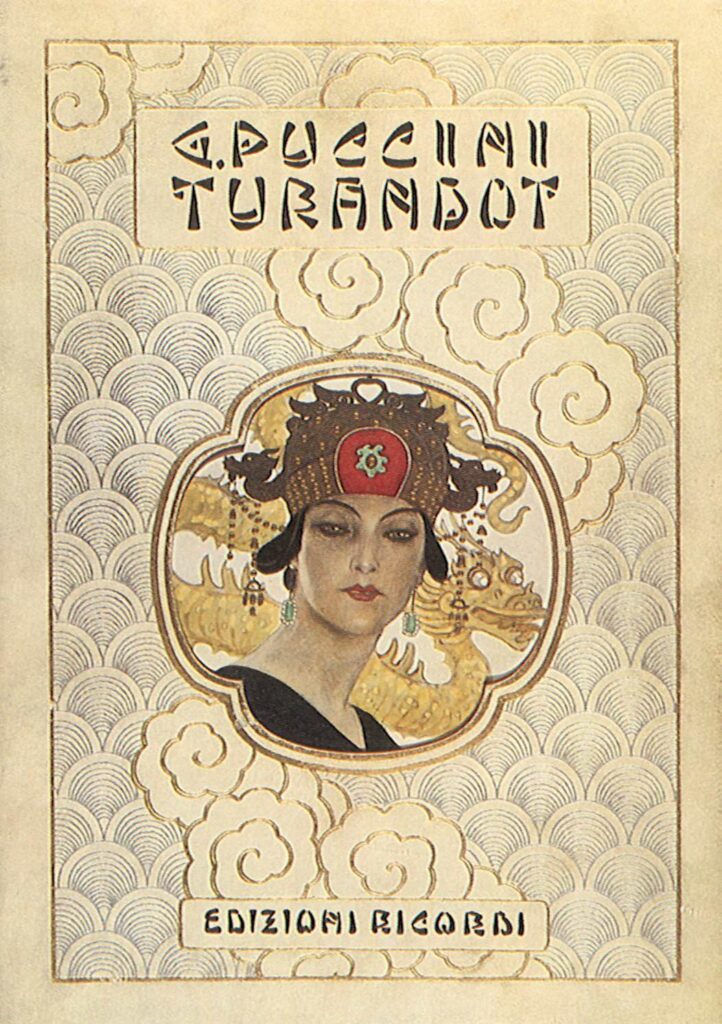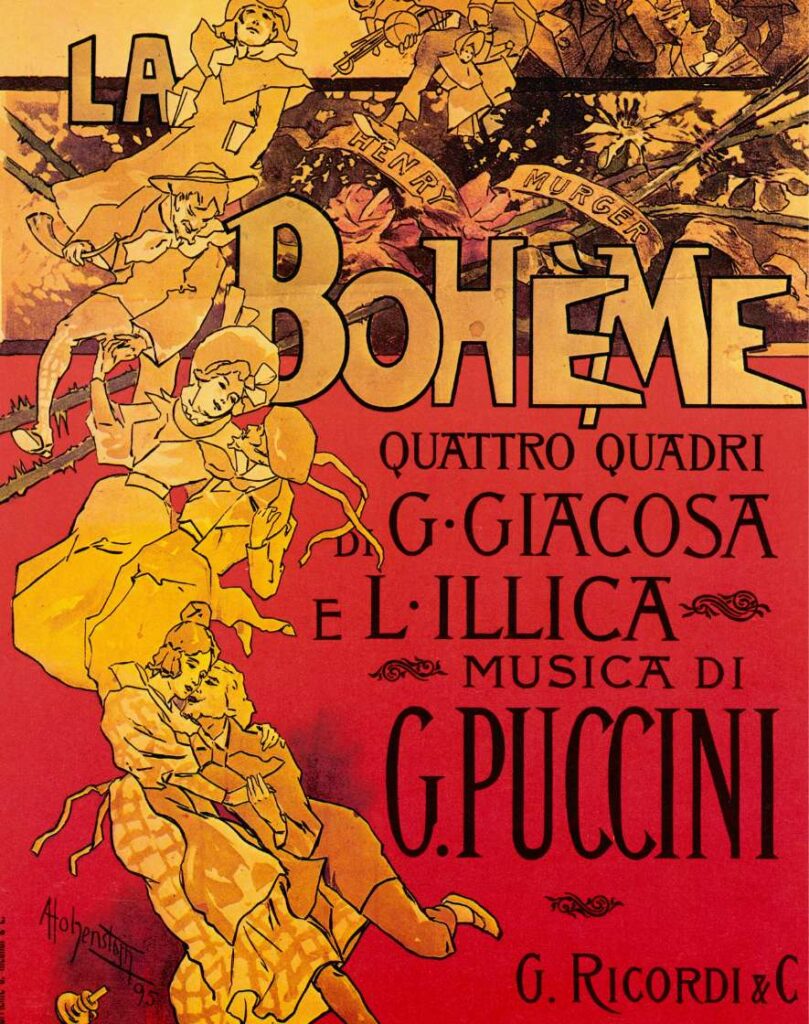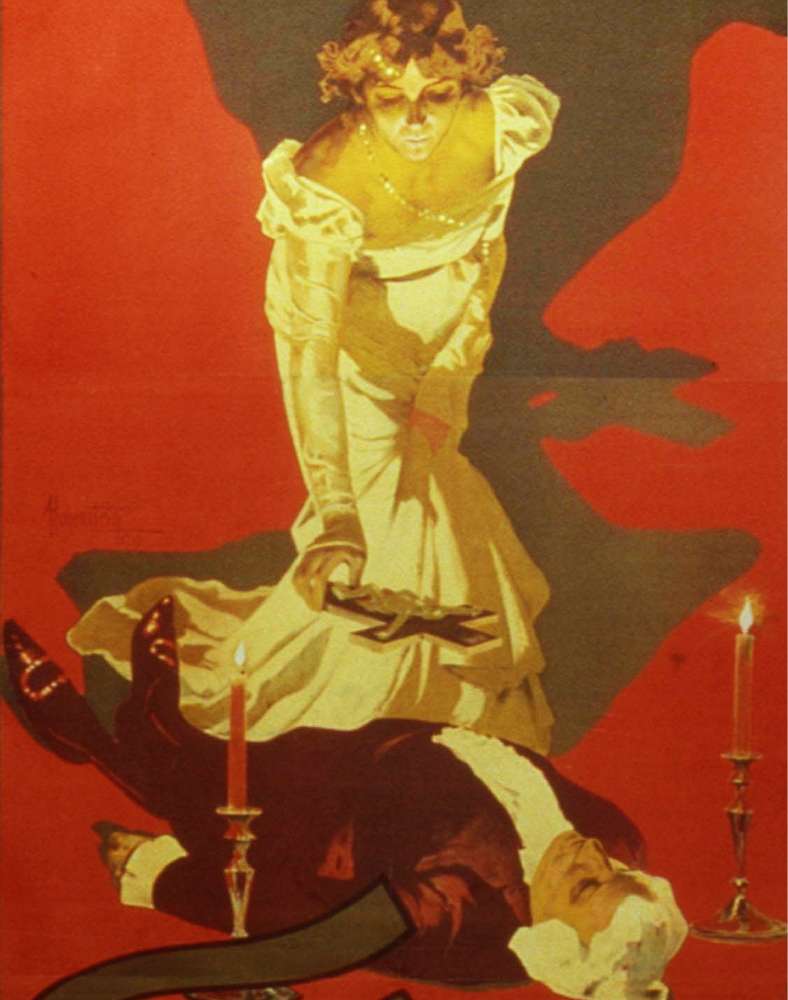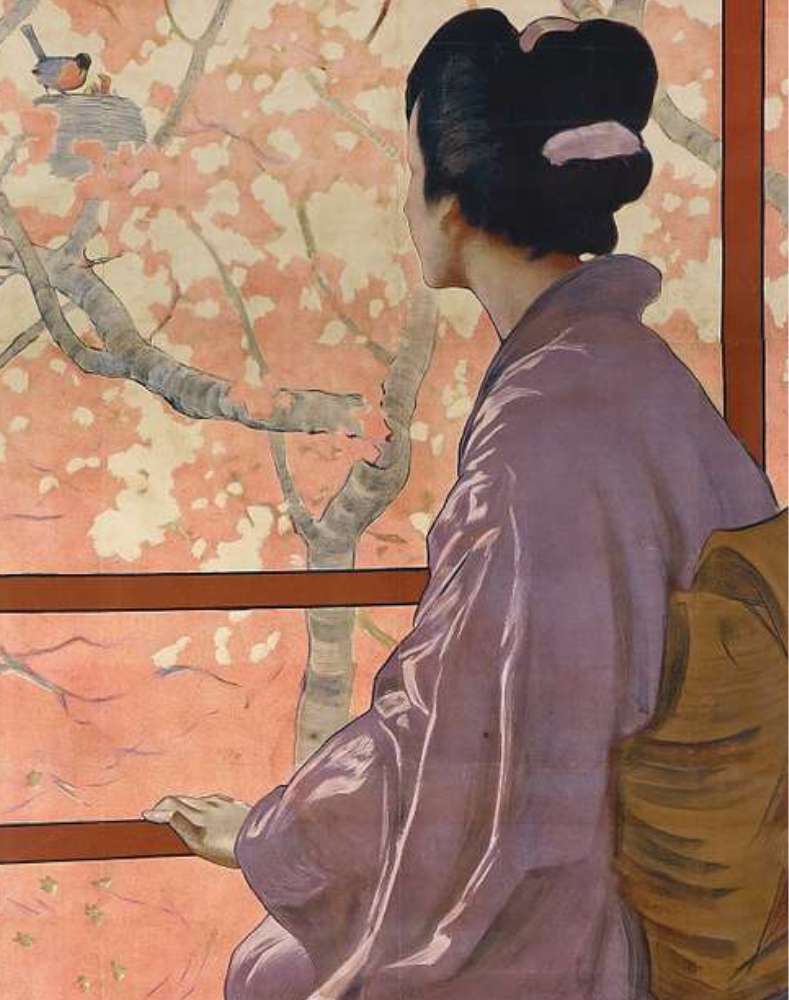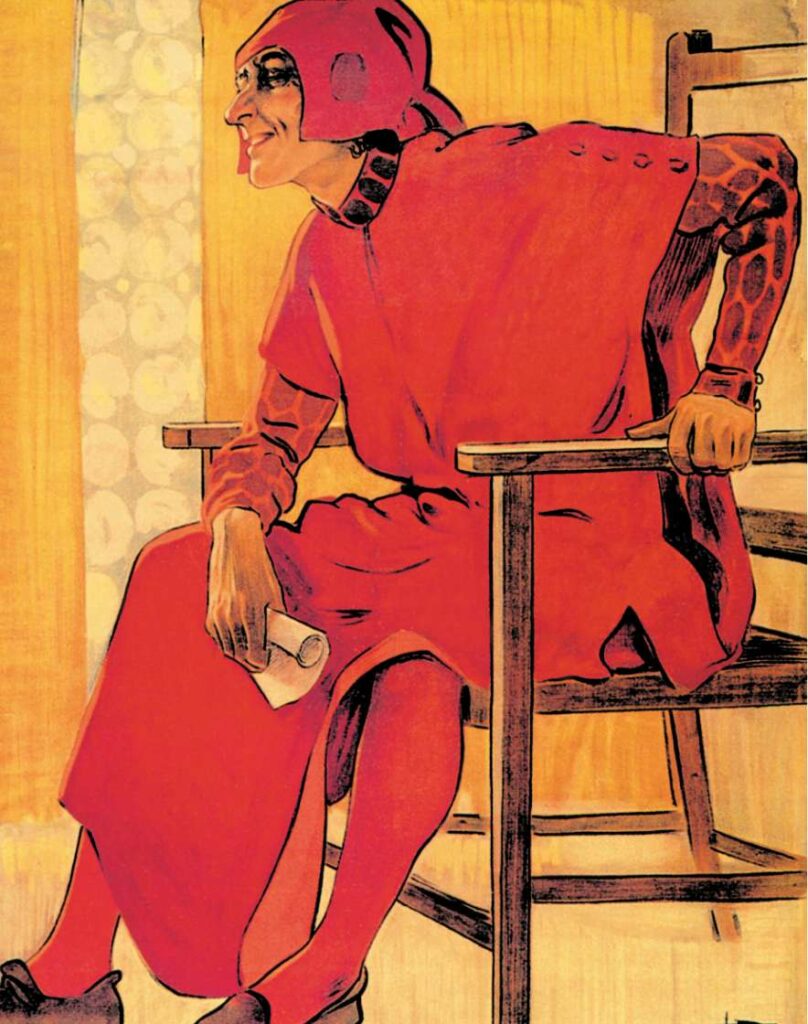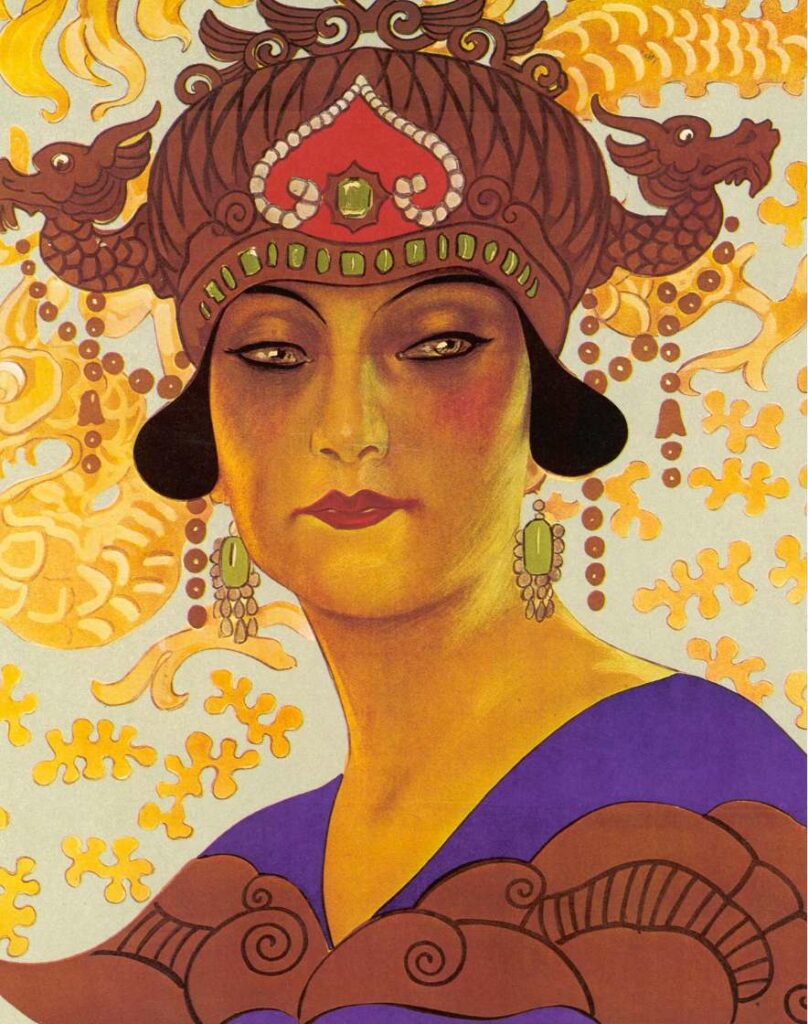The Maestro
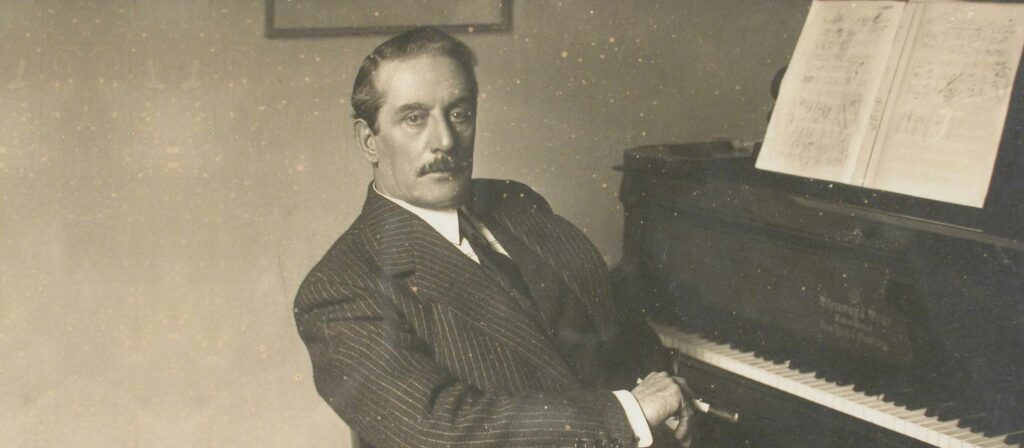
Giacomo Puccini was born in the Italian town of Lucca, an area known for its rich musical tradition, on 22 December 1858. His family had played an important role in Tuscany’s music scene for over a century.
When he was just six years old, Giacomo’s father Michele, the organist and choir master at the Duomo di San Martino, died.
In his early years, Giacomo was taught to play the organ and sing as a contralto by his uncle, Fortunato Magi. Despite this, Fortunato informed his sister Albina (Puccini’s mother) that her son had no inclination for music.
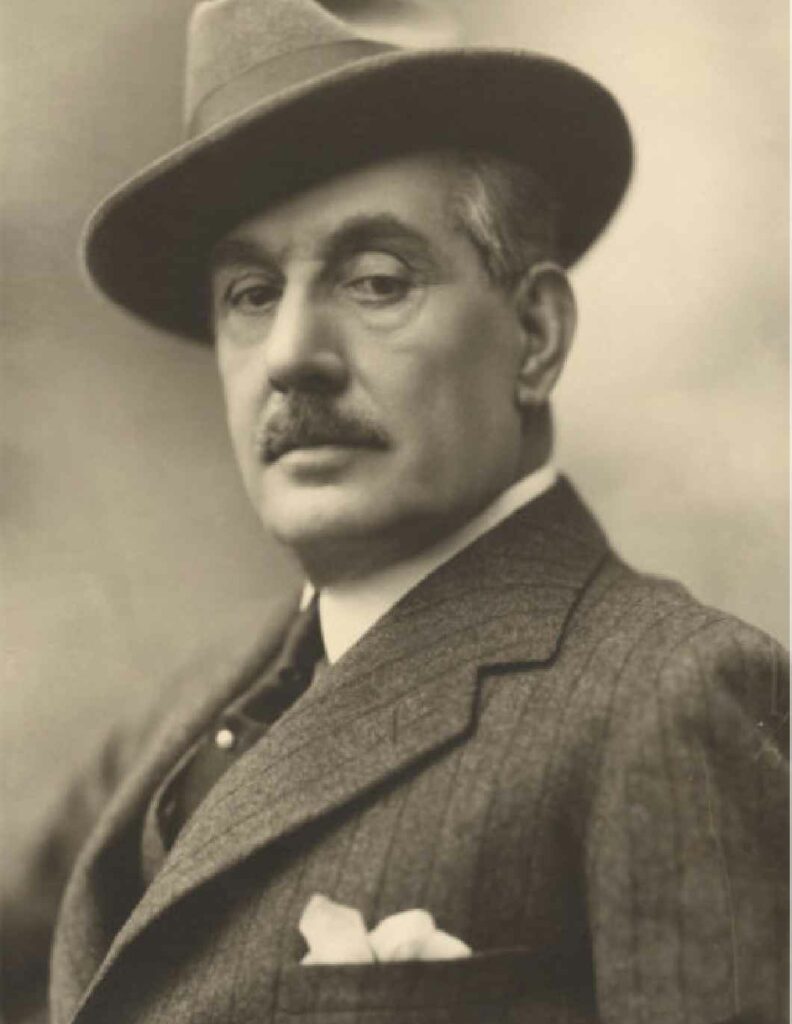
In 1880, Puccini attended the Milan Conservatory thanks to a grant from Queen Margherita and another uncle, Nicolao Cerù. Under the tutelage of Antonio Bazzini and Amilcare Ponchielli, he had his first artistic experiences.
Struck by the young composer’s talent, Ponchielli helped and encouraged him to begin his brilliant musical career. The young Giacomo shared a room with Pietro Mascagni, spending much of his time at the theatre where he came into contact with Italy’s bohemian “Scapigliatura” movement.
When Fontana met Puccini, he was just starting out as a librettist. Their encounter resulted in the composer’s debut opera “Le Villi”, which had its first performance at the Teatro dal Verme in Milan in 1884. As a result of its success, the music publisher Ricordi took an interest in Puccini and commissioned another opera. After five years of work, Puccini completed “Edgar” in 1889, which was staged at La Scala.
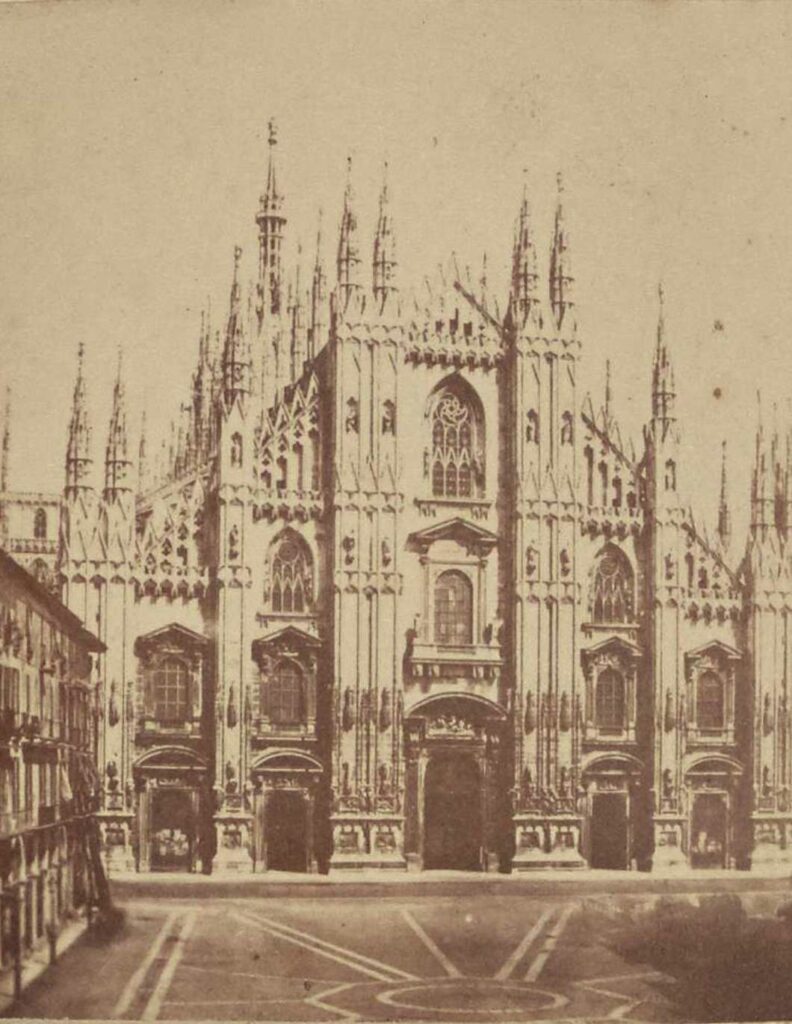
In 1884, following the death of his mother, Puccini began a relationship with Elvira Bonturi, the wife of a rich man from Lucca, whom he later married in 1904.
The success of “Manon Lescaut”, Puccini’s third opera which was performed at Turin’s Teatro Regio in 1893, further cemented his career as an operatic composer.
From 1891, Puccini moved with his wife and son Antonio to Torre del Lago, where he continued to work on his music. This is where he composed “Tosca”, one of his most dramatic operas, which was first performed in Rome in 1900, following the success of “La Bohème” which opened in Turin in 1896.
After this period of success, the Maestro’s life took a more challenging turn in the years that followed.
In 1903, Puccini was involved in a serious car accident. He was discovered underneath the overturned vehicle with a broken leg, half-suffocated by the exhaust fumes. Puccini’s lengthy bed-bound recovery affected the drafting of his new opera “Madama Butterfly”, which was eventually performed the following year, in 1904, at La Scala in Milan. However, the opera’s first performance was a complete failure, and it was immediately withdrawn. Following a few cuts and changes, the opera was premiered again at Brescia’s Teatro Grande and hailed as a great triumph.
The Puccini family experienced another major crisis in 1909 when Doria Manfredi, a young maid, took her own life because of Elvira’s jealous accusations.
The Maestro’s fame continued to grow exponentially, reaching as far as the United States, where “Madama Butterfly” was first performed in 1907. During his time in America, the composer was inspired to set an opera in the Wild West. In 1910, “La Fanciulla del West” debuted in New York, cementing his international reputation.
However, Puccini subsequently experienced an artistic crisis, when he struggled to find suitable subjects for his operas and felt under increasing pressure due to competition from the European music scene. Following several failed projects, a Viennese publisher commissioned “La Rondine” (1917) which was originally intended to be an operetta but later transformed into a lyric opera. “La Rondine” premiered at Monte Carlo’s Grand Théâtre.
This opera and “Il Trittico” (1918), a triptych of one-act operas consisting of “Il Tabarro”, “Suor Angelica” and “Gianni Schicchi”, saw Puccini reach full artistic maturity.
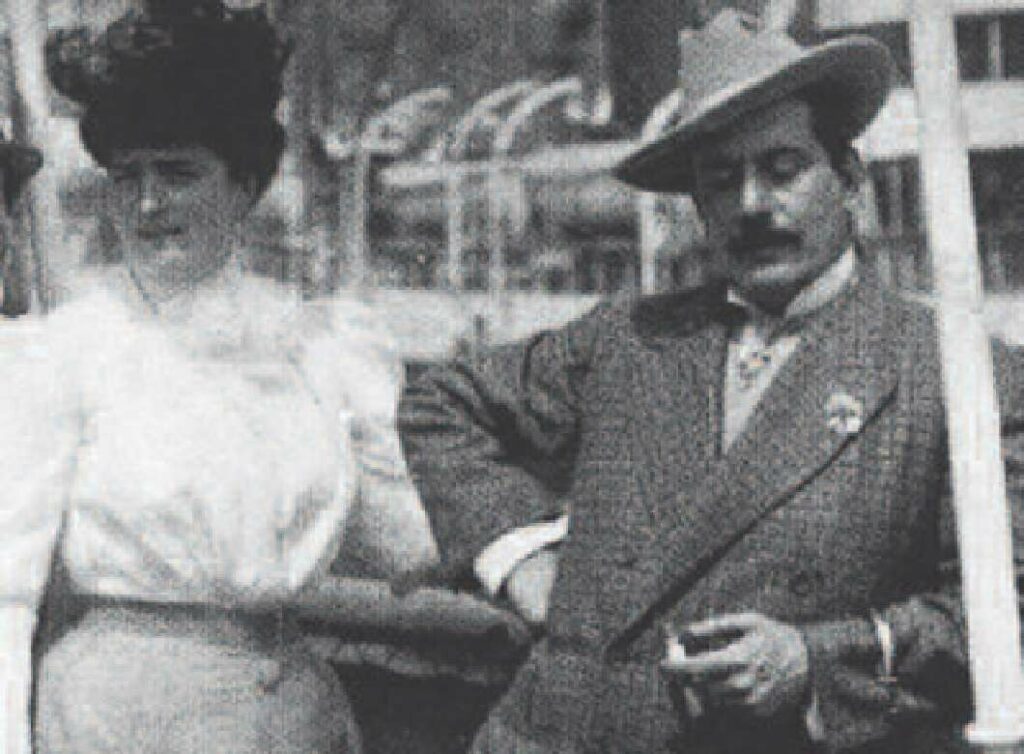
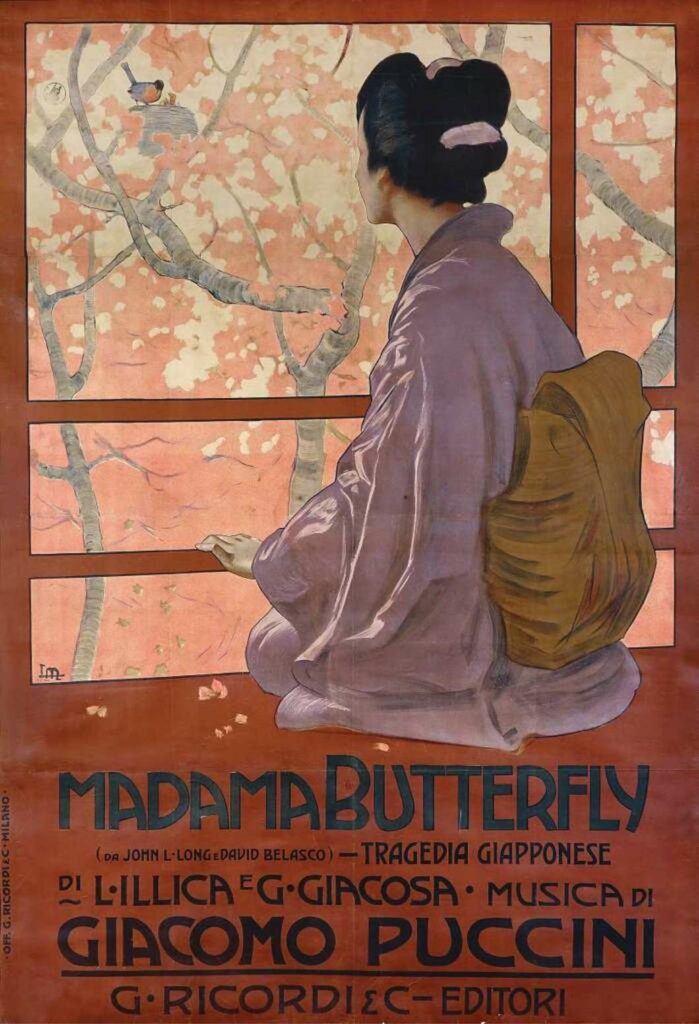
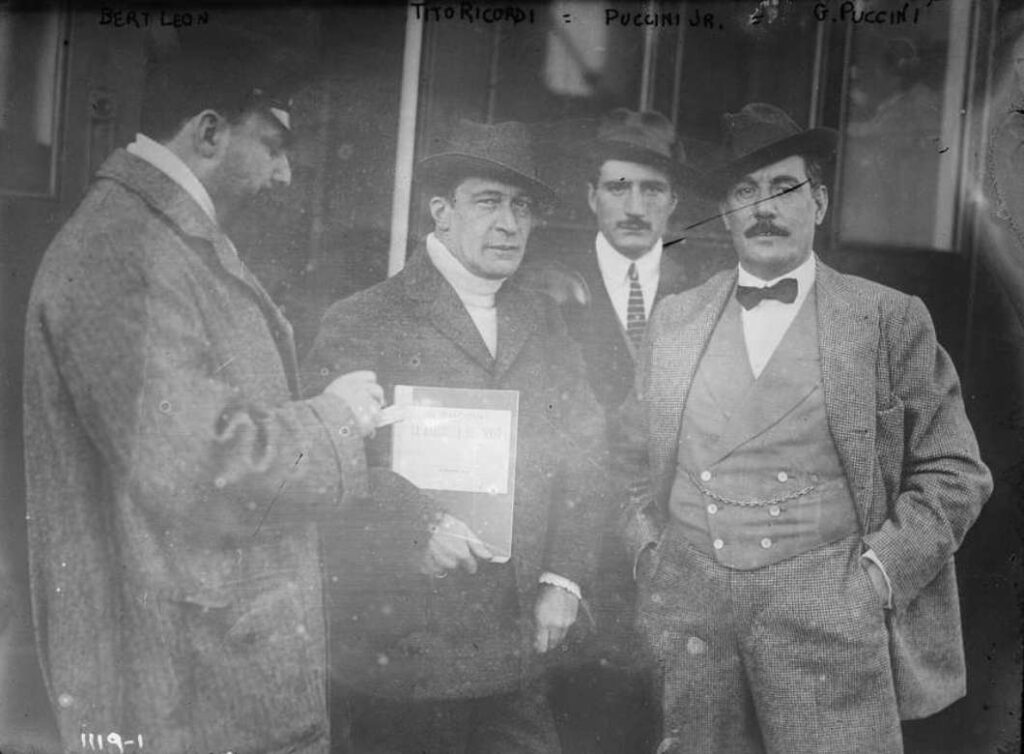
Puccini’s final project “Turandot” was a troubled yet monumental production. However, Puccini died before he had chance to finish the work.
The opera was nearly finished when the Maestro’s health began to decline. Initially, his repeated sore throats were attributed to a form of rheumatism or a bone that got stuck in his throat during a meal, causing him to choke.
Puccini suffered with intense pain for months until he received a tragic diagnosis. His only hope of a cure was to visit Professor Ledoux’s clinic in Brussels, which used “miraculous radium”. After the experimental surgery, doctors made sure that the composer was out of danger, leaving the “miraculous” implanted radium rods to do their work.
But at 6 pm on 28 November, while the composer was sitting in his armchair, he suffered a major heart attack and lost consciousness.
Overnight, his condition worsened: Giacomo Puccini died on the morning of 29 November 1924.
